Results
-
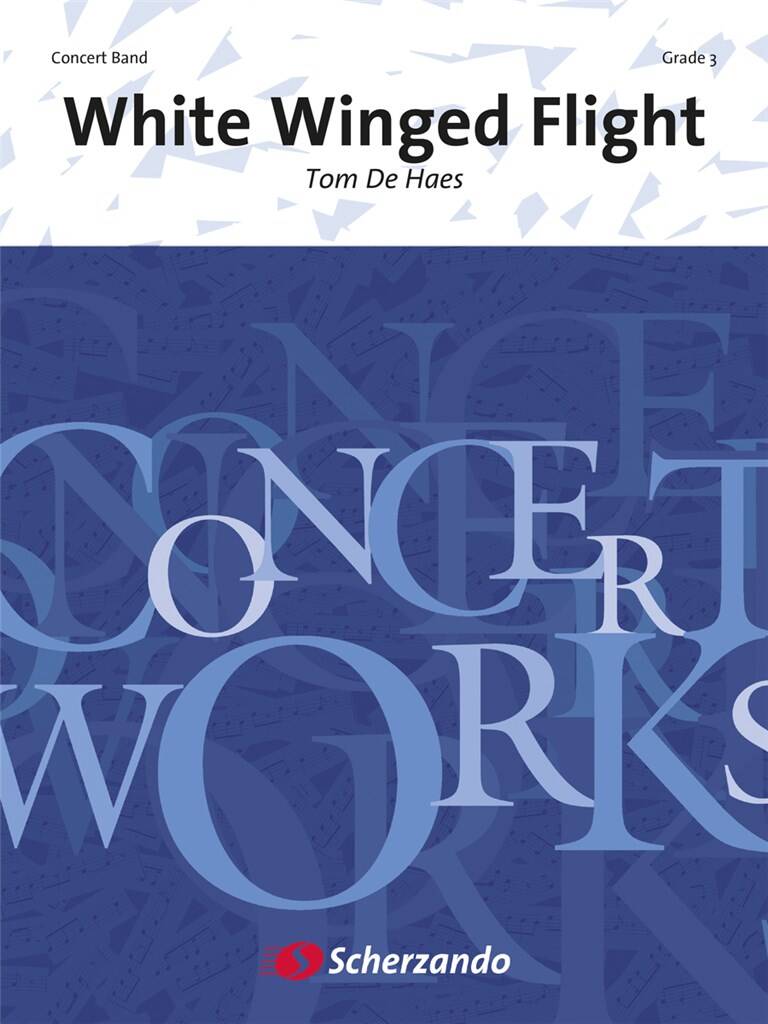 £149.99
£149.99White Winged Flight - Tom De Haes
White Winged Flight was commissioned by the association 'Moza ek', the cultural collaboration of the Belgian municipalities Bonheiden, Duffel, Putte and Sint-Katelijne-Waver. The work is based on 4 notes that each stand for the name of the municipality. The title refers to the white-winged flight of a peace dove and is a call for reconciliation and peace. It is a brilliant piece of music in which you can hear the positive message throughout the parts. It is lively, colourful and offers plenty of great playing for all instrument groups.
Estimated dispatch 7-14 working days
-
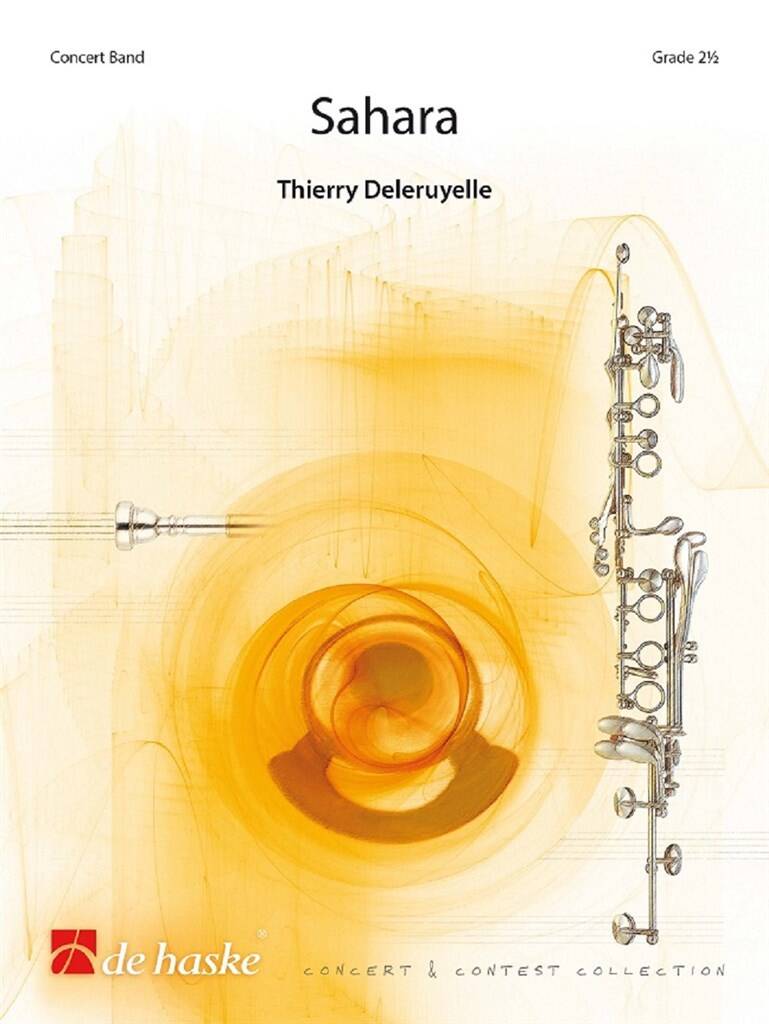 £72.99
£72.99Sahara - Thierry Deleruyelle
Sahara takes you on a journey to the largest desert in the world. Located in the north of the African continent, it covers eight million square kilometres and spreads across ten nations. The work describes the various landscapes that the Sahara has to offer, using different instrumental groups to underline different characteristics. Both an intense rhythmic passage with lots of percussion, as well as a chorale part with beautiful brass segments, make this a wonderful yet challenging piece. It also allows you to work on different technical aspects with your band and is suitable for a concert or a contest.
Estimated dispatch 7-14 working days
-
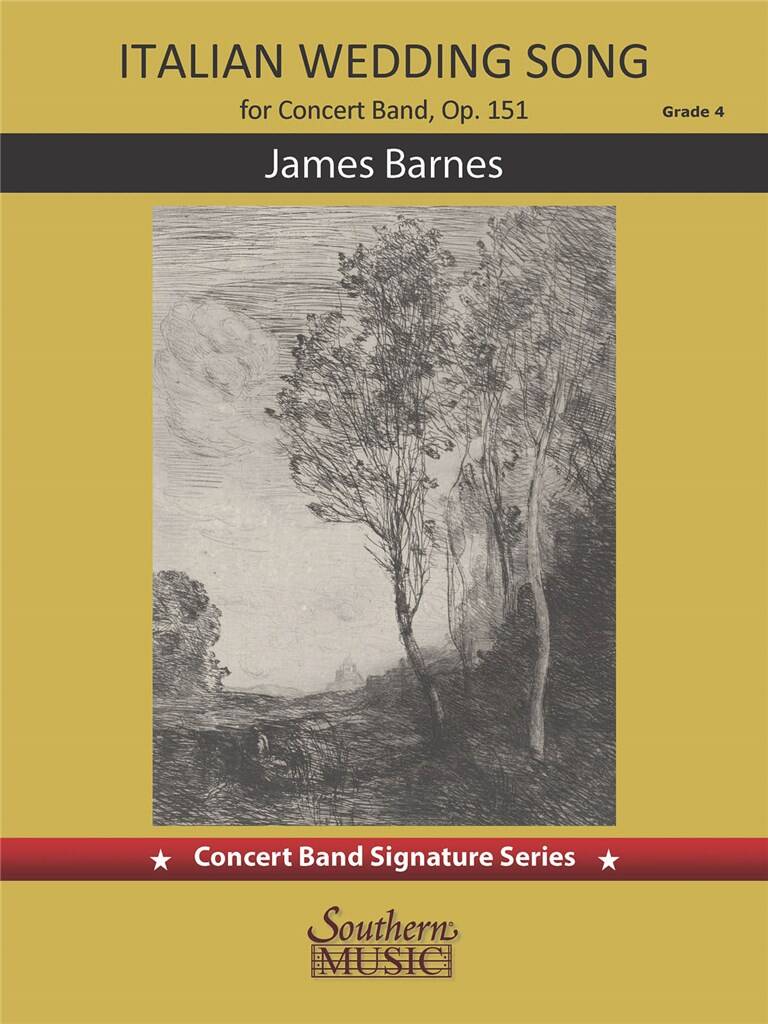 £72.99
£72.99Italian Wedding Song
Italian Wedding Song is a lyrical, very romantic song in G minor, reminiscent in some ways of the music of Puccini and Verdi. Like Barnes' Yorkshire Ballad, it is a brief, solemn work, perfect for teaching students to play in an emotional, legato style. If you have a good Euphonium player, this work is a must; it is an excellent choice for a moment of touching repose on your next concert. Italian Wedding Song is carefully scored and cross-cued, and the ranges are very reasonable for all instruments.
Estimated dispatch 7-14 working days
-
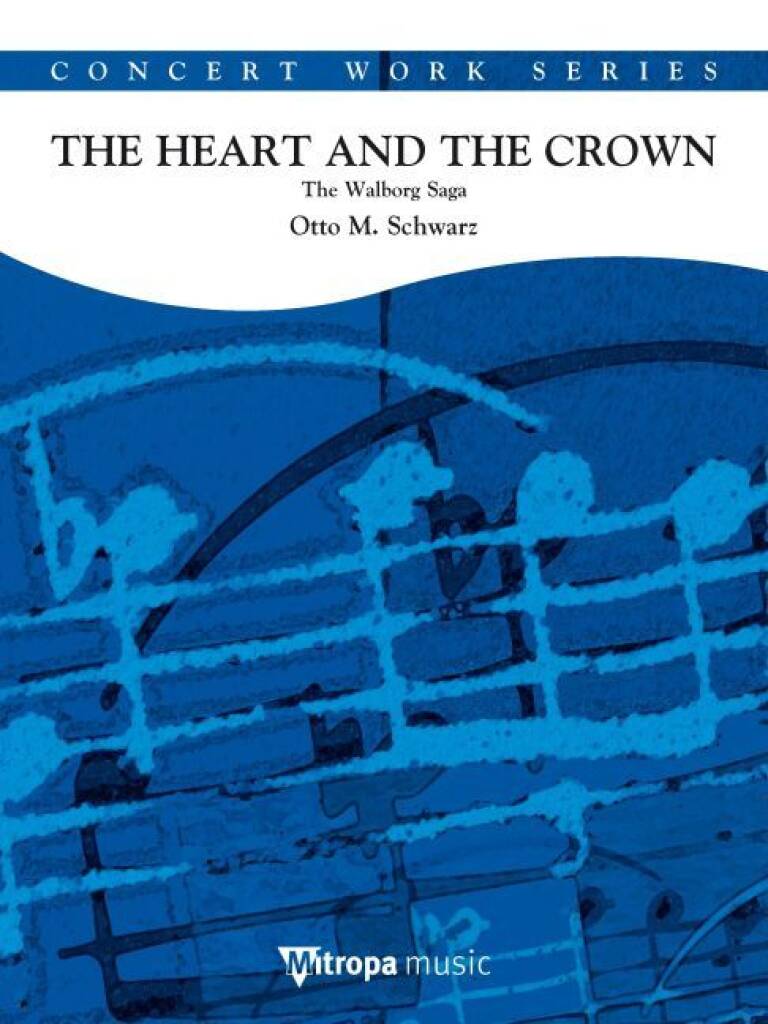 £202.99
£202.99The Heart and the Crown - Otto M. Schwarz
The river Maas and the town of Oh en Laak in the Dutch province of Limburg are inextricably linked with one another. Thousands of years have passed with wars and other dramatic events. One story is about Josina Walburgis von Lwenstein-Wertheim-Rochefort, who was forced by her father to enter the Thorn convent. However, when she met Count Herman Frederik Hendrik van den Bergh it was love at fi rst sight, and the two were secretly married... How will it end? This programmatic epic piece is full of beautiful expressive musical pictures, lots of brass and rhythmical sections.
Estimated dispatch 7-14 working days
-
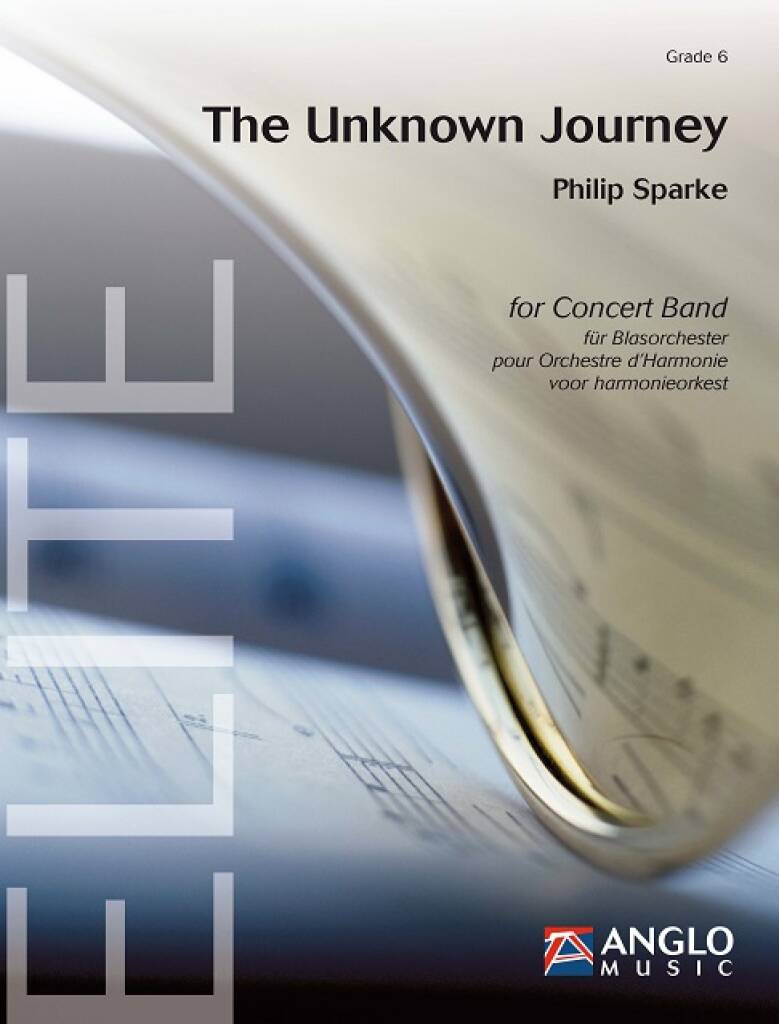 £256.99
£256.99The Unknown Journey - Philip Sparke
The Unknown Journey was commissioned by Kwansei Gakuin University Symphony Band which was established in 1954 and has grown to become one of the top college bands in Japan. The composer chose the title as the piece seemed to create its ownmomentum as it developed, starting slowly and continuously increasing the tempo. Towards the end it gradually transmogrifies into the closing bars of Ravel's La Valse, a piece which perfectly characterises the idea of unstoppable momentum.
Estimated dispatch 7-14 working days
-
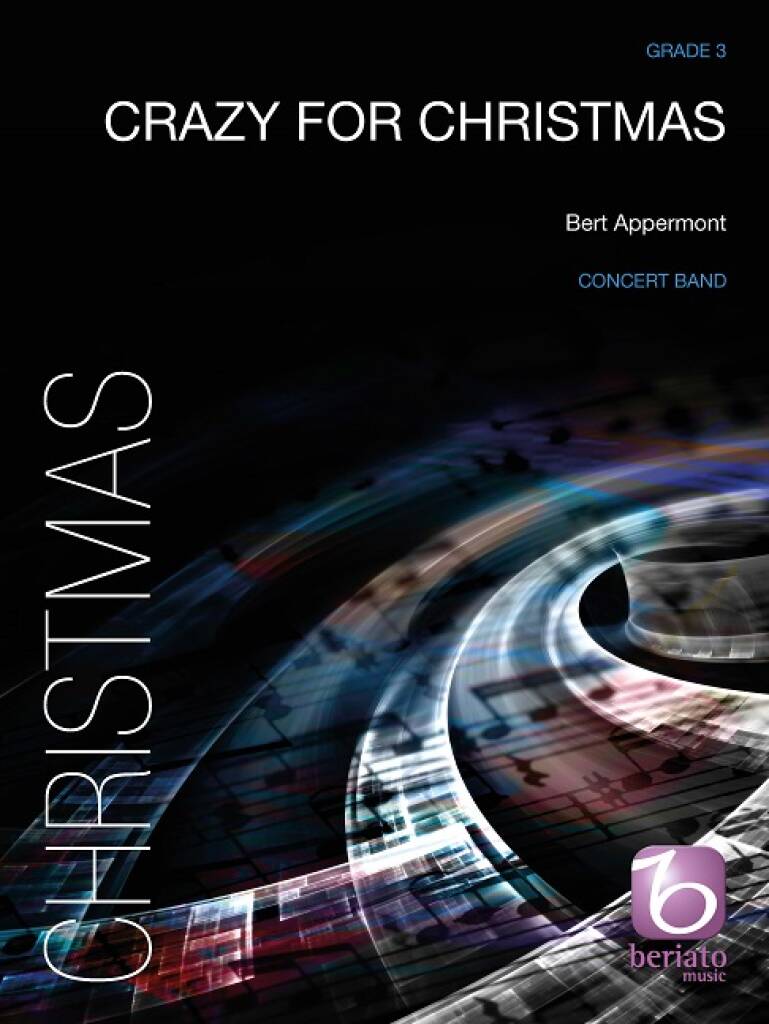 £102.99
£102.99Crazy for Christmas - Bert Appermont
Christmas is the time of the year where everyone comes together, and peace, family and friendship bonds are strengthened. When selecting repertoire for your Christmas concert, it's difficult to find new arrangements that are both challenging and fun to work on, as well as fun for the audience. Crazy For Christmas is one of those pieces by the Belgian composer Bert Appermont. He uses canons and even fugues throughout this arrangement and foresees a spectacular ending. It is based on Il est n le divin Enfant and Away in a Manger but refers wittily to JingleBells, Deck the Halls, The Twelve Days of Christmas and Hark, the Herald Angels Sing. So 'crazy' all the way!
Estimated dispatch 7-14 working days
-
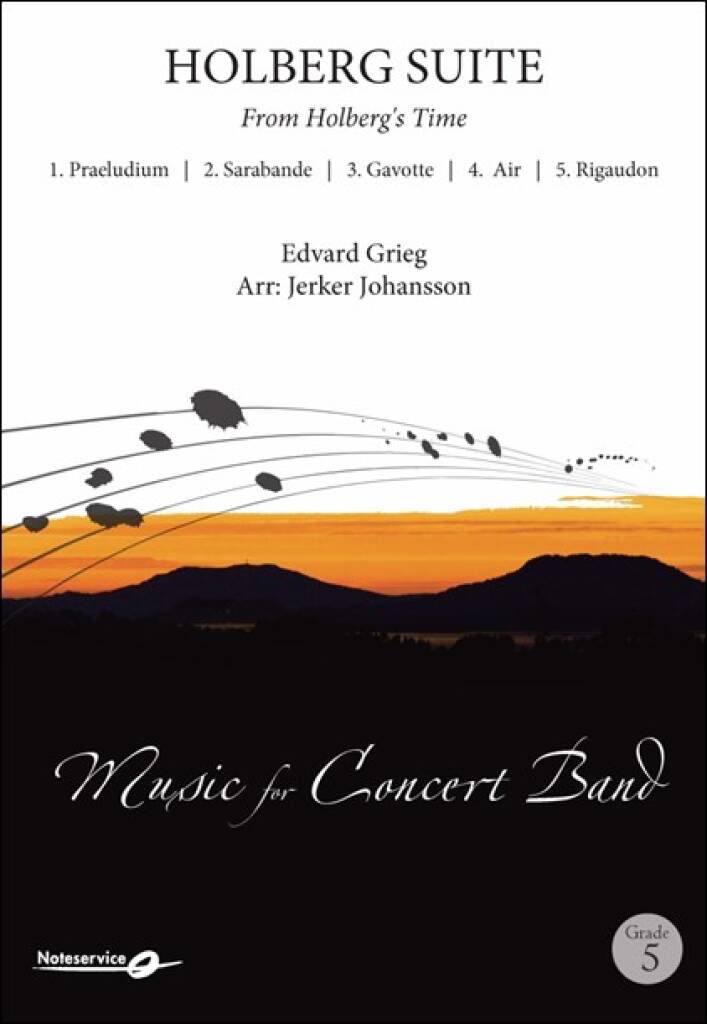 £252.10
£252.10Holberg Suite - Edvard Grieg
Edvard Hagerup Grieg (1843-1907) was a Norwegian composer and pianist. He is widely considered one of the leading Romantic era composers, and his music is part of the standard classical repertoire worldwide. His use and development of Norwegian folkmusic in his own compositions put the music of Norway in the international spectrum, as well as helping to develop a national identity. Grieg is regarded as simultaneously nationalistic and cosmopolitan in his orientation, for although born in Bergenand buried there, he traveled widely throughout Europe, and considered his music to express both the beauty of Norwegian rural life and the culture of Europe as awhole.1884 was the bicentenary year of the birth of Ludvig Holberg (1684-1754)and as a part of the celebrations various Scandinavian composers were commissioned to write commemorative pieces. From Holbergs Time was one of Griegs contributions. It was first written for piano but in 1885 the composer transcribed it for stringorchestra. For his suite Grieg went back to some of the musical forms used by Holbergs contemporaries but although the forms and style may be rococo the contents are unmistakably characteristic of Grieg himself. Grieg gave the first performance ofthe piano version in Bergen, Holbergs birthplace, in December 1884.
Estimated dispatch 7-14 working days
-
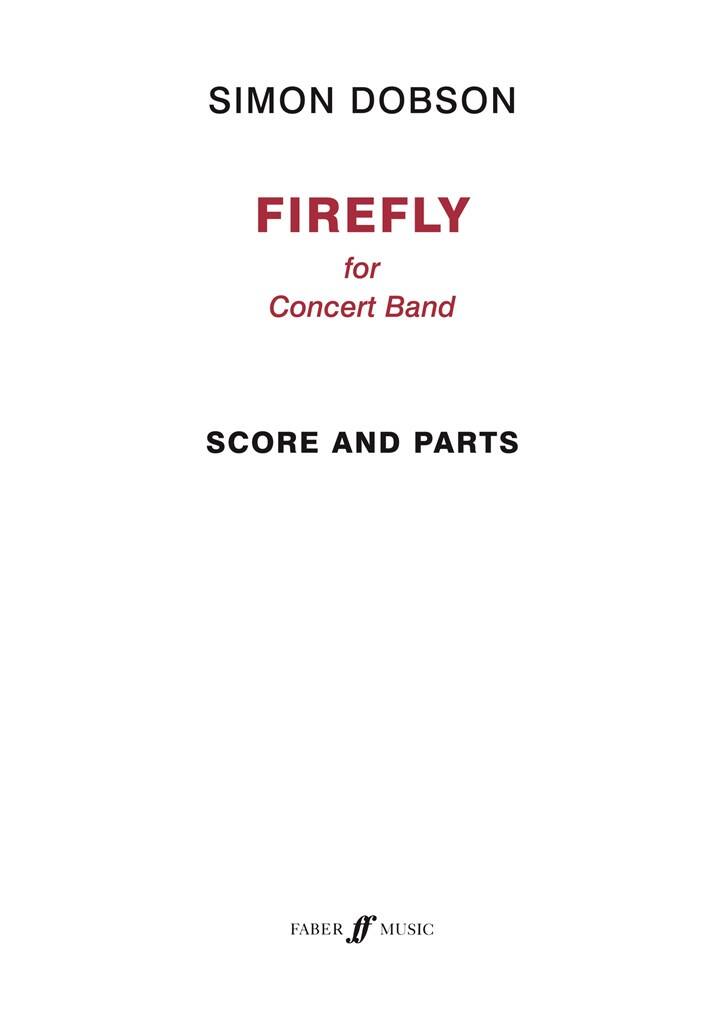 £65.00
£65.00Firefly - Simon Dobson
Firefly was composed by award-winning composer Simon Dobson (b.1981) to provide an entertaining up-tempo concert work for community and youth bands. Composed in funk-rock style, and is based on the groove beat with which it opens. Dobson says,"Firefly was written as a break from my more serious music and as a 'hat tip' to the various types of beat orientated music I listen to." It was first performed by Oslofjord Brass in Norway and in its wind version by Harmonie Shostakovich,Switzerland.Duration: 5-6 minutes.INSTRUMENTATION:Pic, fl1 (2), fl.2 (2), ob, bsn, Eflat cl., cl. 1 (2), cl.2 (2), cl. 3(2), bass cl. - alto sax (2), tenor sax, bar. Sax 5 tpts in B flat (5), 4horns in F (2 optional) (4), 3tbns, euph (2), tuba)2) double bass timp and kit
Estimated dispatch 7-14 working days
-
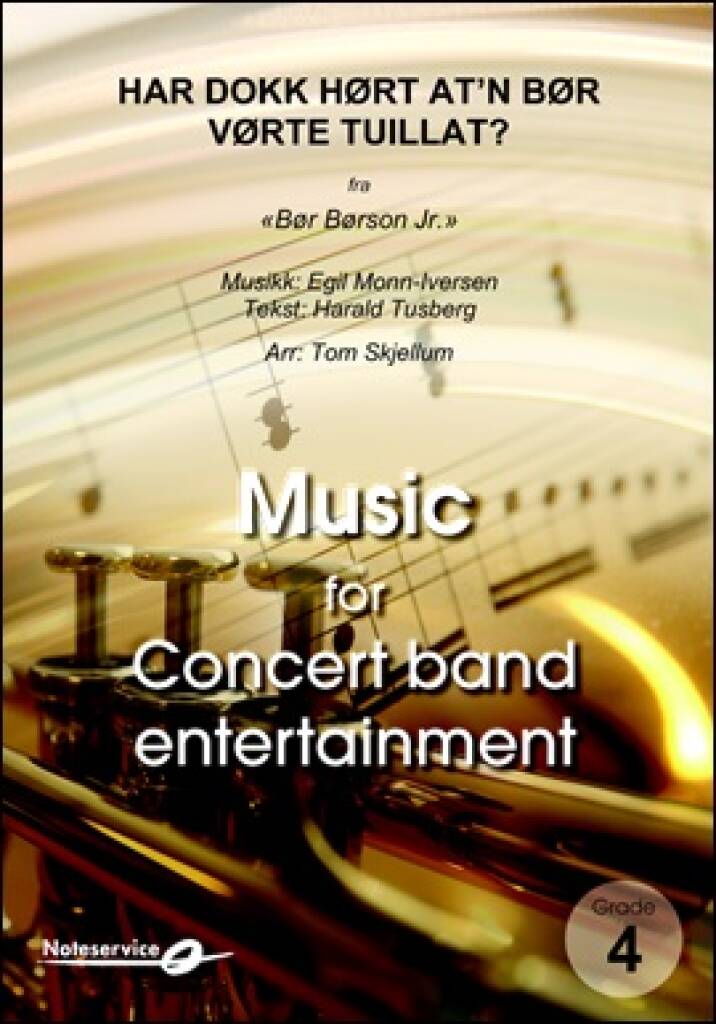 £137.70
£137.70Har dokk hrt at'n Br vrte tuillat - Egil Monn-Iversen
Johan Falkberget wrote the novel Br Brson Jr. in 1920. It is the story of the naive bachelor and trader Br Brson Jr. and his fight for wealth and fame. On his way, he face prejudices and envy on the countryside and investors in the bigger citites. All of them tries to exploit his credulity. The musikal, based on the novel by Johan Falkberget, was written by Egil Monn-Iversen (music) and Harald Tusberg (lyrics) for Det Norske Teatret in 1972. It was a great success from the very beginning. In 1974, a movie version of Br Brson Jr. was produced. Also this with great success.
Estimated dispatch 7-14 working days
-
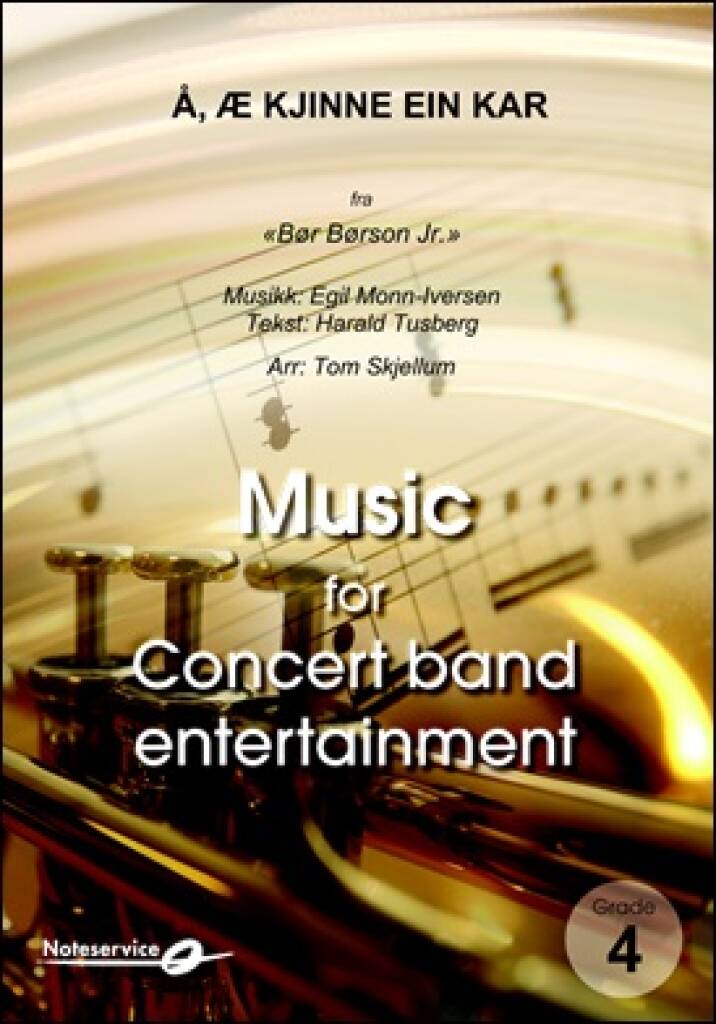 £137.70
£137.70..., kjinne ein kar - Egil Monn-Iversen
Johan Falkberget wrote the novel Br Brson Jr. in 1920. It is the story of the naive bachelor and trader Br Brson Jr. and his fight for wealth and fame. On his way, he face prejudices and envy on the countryside and investors in the bigger citites. All of them tries to exploit his credulity. The musikal, based on the novel by Johan Falkberget, was written by Egil Monn-Iversen (music) and Harald Tusberg (lyrics) for Det Norske Teatret in 1972. It was a great success from the very beginning. In 1974, a movie version of Br Brson Jr. was produced. Also this with great success.
Estimated dispatch 7-14 working days
